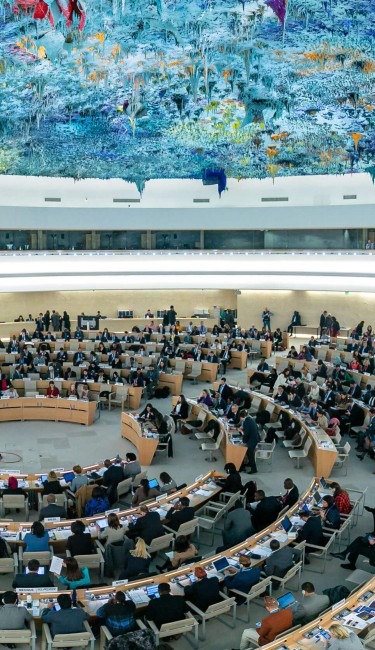
Special Procedures of the Human Rights Council

About special procedures
The special procedures of the Human Rights Council are independent human rights experts with mandates to report and advise on human rights from a thematic or country-specific perspective. They are non-paid and elected for 3-year mandates that can be reconducted for another three years. As of November 2023, there are 46 thematic and 14 country mandates.
With the support of the Office of the United Nations High Commissioner for Human Rights (OHCHR), special procedures:
- Undertake country visits
- Act on individual cases of reported violations and concerns of a broader nature by sending communications to States and others
- Contribute to the development of international human rights standards, and
- Engage in advocacy, raise public awareness, and provide advice for technical cooperation.
How do special procedure mandate-holders make a difference?
Special procedure mandate-holders help advance human rights in ways both small and large. They contribute to:
Improve access to mechanisms of redress
Contribution to government/judicial processes
Raising human rights awareness
Facilitating dialogue/coalition setting
Preventing/cessation of violations
How do they contribute to cross-cutting issues?
Some contemporary issues cut across a wide spectrum of human rights. As a result, many mandate-holders bring specific expertise and recommendations to topics ranging from climate change to new technologies, from migration to COVID-19 and more.
OHCHR has compiled all Special Rapporteur reports that deal with these issues.
Find the compilations on cross-cutting issues here
Submitting complaints to special procedures
Are you a victim or have knowledge of a human rights violations? Do you believe there is policy or legislation in your country that does not respect human rights? You can use the special procedures communications process to report this information.
Learn how the special procedures communications process can help you
Cooperation with the special procedures and acts of intimidation and reprisals
Special procedures can only fulfill their mandates effectively when individuals and groups engage with them without fear of intimidation or reprisal. Yet mandate-holders have noted a rise in instances of intimidation and reprisals against those who cooperated with them. The Coordination Committee established a framework of action to respond to these unacceptable practices.
Learn more about reprisals and the Special Procedure framework of action
Activities
- The Universal Declaration of Human Rights turns 75. UN Experts call on world leaders to recommit to human rights, 11 December 2023
- Letter of the Chair of the Coordination Committee to the President of the Human Rights Council on attacks against mandate holders, 4 December 2023.
- Urgent Debate to discuss the alarming rise in premeditated and public acts of religious hatred as manifested by recurrent desecration of the Holy Quran in some European and other countries, 11 July 2023
- Letter of the Chair of the Coordination Committee to the Consultative Group on the selection process of special procedure mandate holders, 3 July 2023
- Statement by Ms Tlaleng Mofokeng, Chair of the Coordination Committee of Special Procedures, at the thirty-sixth special session of the Human Rights Council on the human rights impact of the ongoing conflict in the Sudan, 11 May 2023
- Letter of the Chair of the Coordination Committee to the Consultative Group on the selection process of special procedure mandate holders, 25 April 2023
- Mr Victor Madrigal-Borloz, member of the Coordination Committee, presents the annual report on Special Procedures to the 52nd session of the Human Rights Council, 23 March 2023
Statement (WORD) | Report (Advance edited version) | Addendum - Letter of the Chair of the Coordination Committee to the Consultative Group on the selection process of special procedure mandate holders, 16 January 2023
Latest news
A spotlight on human rights
Connect
For further information on how to submit communications on alleged human rights violations, please read the webpage on Communications and send your submission to: Submissions to special procedures.
Follow us on Twitter: @UN_SPexperts